PPG
✅ Manages blood sugar
✅ Reduces postprandial glucose
✅ Controls diabetes symptoms
✅ Improves insulin sensitivity
✅ Supports weight management
PPG contains Voglibose.
Product Overview
PPG is a pharmaceutical product containing Voglibose as its active ingredient, formulated in tablet form. As an alpha-glucosidase inhibitor, PPG is primarily indicated for the management of type 2 diabetes mellitus. The medication functions by delaying carbohydrate digestion in the gastrointestinal tract, thereby mitigating postprandial hyperglycemia.
Therapeutic Indications
PPG tablets are clinically prescribed for glycemic control in patients diagnosed with type 2 diabetes. The medication is typically administered as an adjunct to dietary modifications and physical exercise regimens. Through its mechanism of alpha-glucosidase enzyme inhibition, PPG effectively moderates the rapid elevation of blood glucose levels following carbohydrate ingestion.
Administration Guidelines
For optimal therapeutic effect, PPG tablets should be administered orally with the initial portion of each principal meal. Strict adherence to the prescribing physician’s dosage recommendations is essential. The standard protocol involves thrice-daily administration, though dosage may be adjusted based on clinical assessment. Regular blood glucose monitoring is strongly advised as part of comprehensive diabetes management.
Mechanism of Action
The pharmacological activity of PPG tablets is mediated through Voglibose’s selective inhibition of intestinal alpha-glucosidase enzymes. These enzymes are normally responsible for the hydrolysis of complex carbohydrates into absorbable monosaccharides. By impeding this enzymatic process, PPG attenuates the postprandial glycemic surge, thereby facilitating improved metabolic control in diabetic patients.
Dosage Protocol
The therapeutic dosage range for PPG is 0.2-0.3 mg administered three times daily with meals. Dosage titration may be required based on individual therapeutic response and glycemic monitoring data. Consistent adherence to the prescribed regimen is crucial for achieving optimal clinical outcomes in diabetes management.
Therapeutic Advantages
- Effective postprandial glycemic control
- Attenuation of meal-induced hyperglycemic spikes
- Complementary to comprehensive diabetes management strategies
- Convenient oral dosage form
- Synergistic with lifestyle modifications including diet and exercise
Adverse Effects
The most frequently reported adverse reactions associated with PPG therapy involve gastrointestinal manifestations, including abdominal discomfort, bloating, flatulence, and diarrhea. These symptoms are generally mild and self-limiting, typically resolving with continued medication use. Persistent or severe adverse effects warrant medical consultation.
Clinical Considerations
Primary clinical concerns include the potential for hypoglycemia when PPG is co-administered with other glucose-lowering agents. Regular blood glucose monitoring is essential, with particular attention to dosage adjustments of concomitant antidiabetic medications. A comprehensive medical history review, including current pharmacotherapy, should precede PPG initiation.
Precautions
Special caution is advised when prescribing PPG to patients with renal or hepatic impairment, necessitating potential dosage modifications. The medication is contraindicated in individuals with known hypersensitivity to Voglibose or any excipients in the formulation. Immediate medical attention is required if hypersensitivity reactions (e.g., cutaneous eruptions, pruritus, or angioedema) occur.
Storage Conditions
PPG tablets should be stored at controlled room temperature (15-30°C) in a dry environment, protected from light and moisture. The product must be maintained in its original packaging and kept inaccessible to pediatric populations. Use beyond the manufacturer’s specified expiration date is strictly prohibited.
Disclaimer:
The information provided herein is intended for educational purposes only and represents expert-reviewed, evidence-based data. This content should not be construed as a substitute for professional medical advice, diagnosis, or treatment. The complete spectrum of potential adverse effects, drug interactions, and contraindications may not be fully enumerated. Patients are strongly advised to consult qualified healthcare providers for personalized medical guidance. This information is designed to complement, not replace, the physician-patient relationship.
| Strength | 0.2 mg, 0.3 mg |
|---|---|
| Quantity | 30 Tablet/s, 60 Tablet/s, 90 Tablet/s |
| Pharma Form | Tablet/s |
| Manufacturer | Abbott India |
| Treatment | Type 2 diabetes |
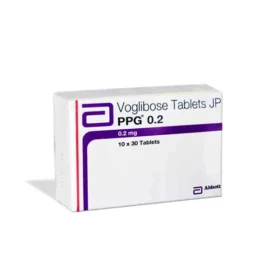 PPG
PPG









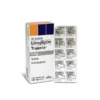





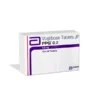

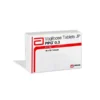
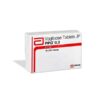


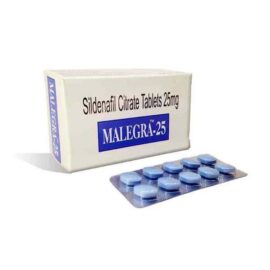

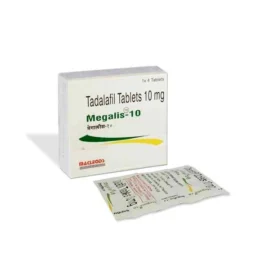
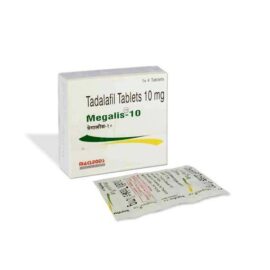
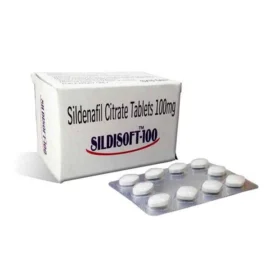
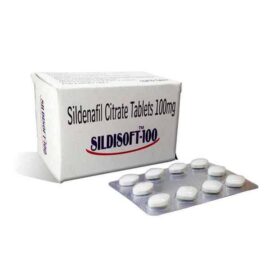


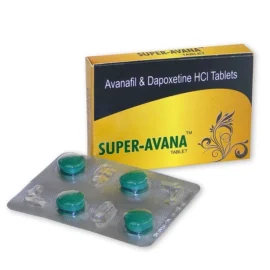

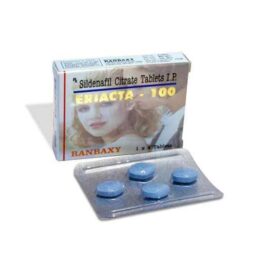
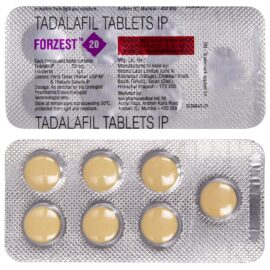
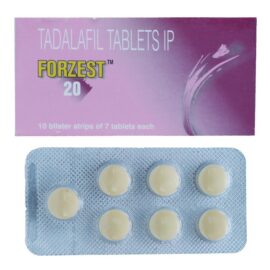
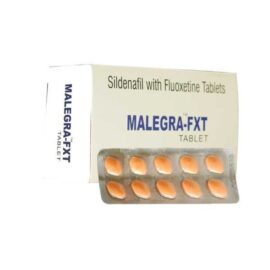
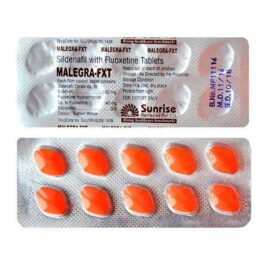
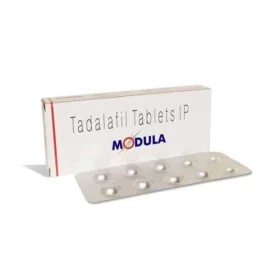
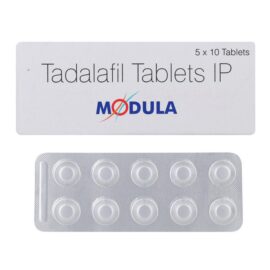
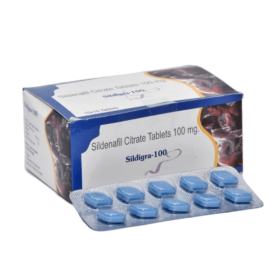
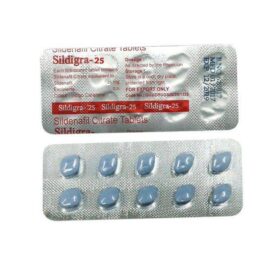
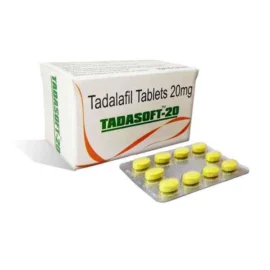
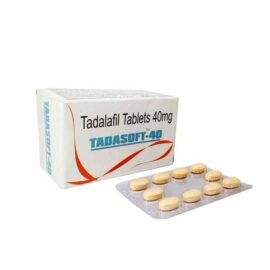
Reviews
There are no reviews yet